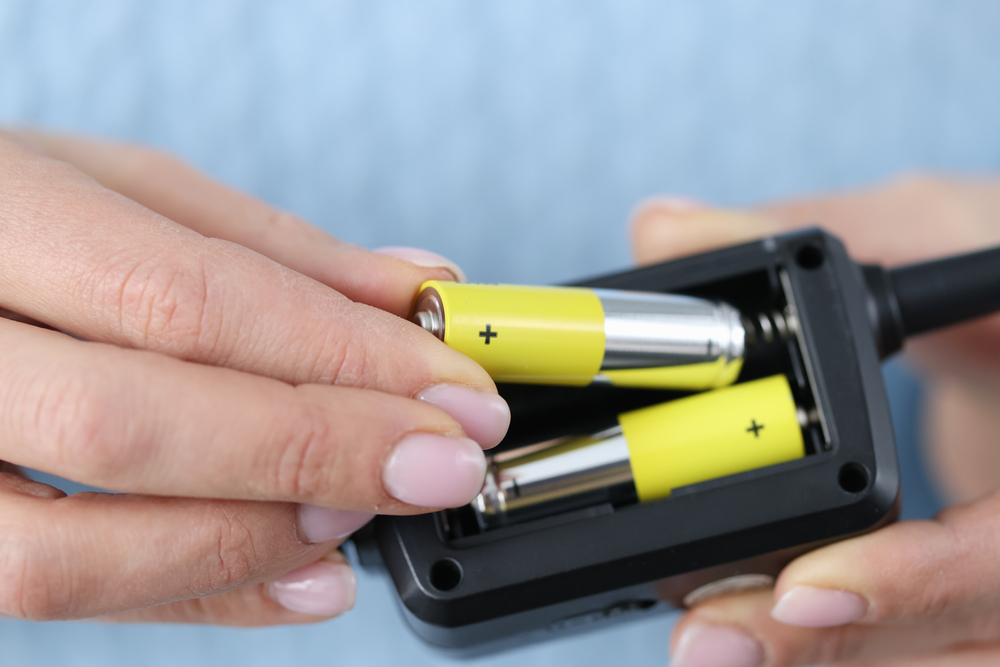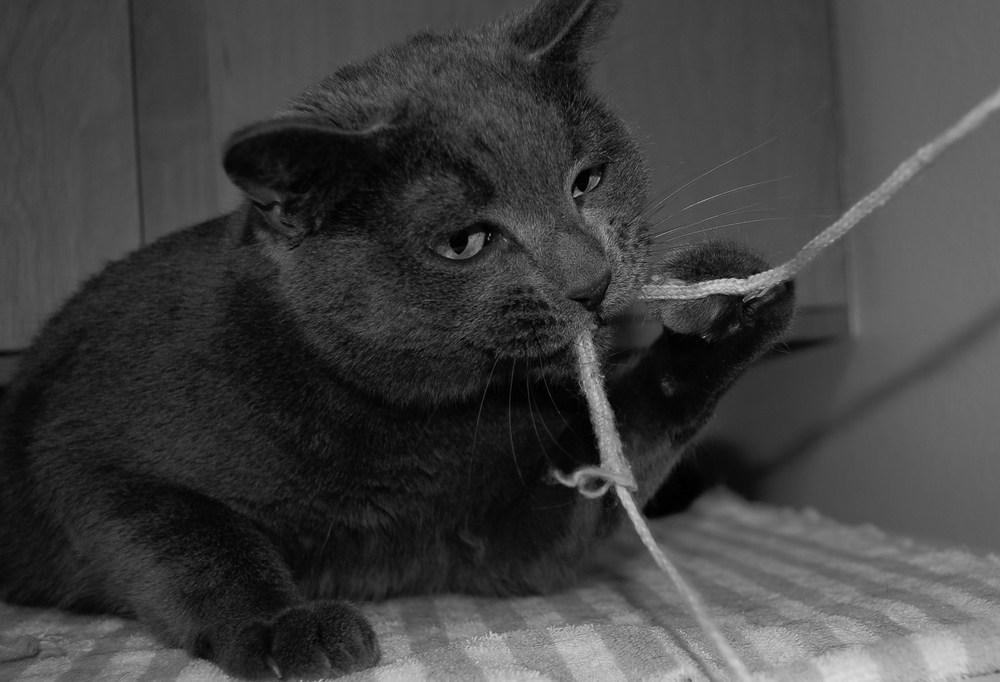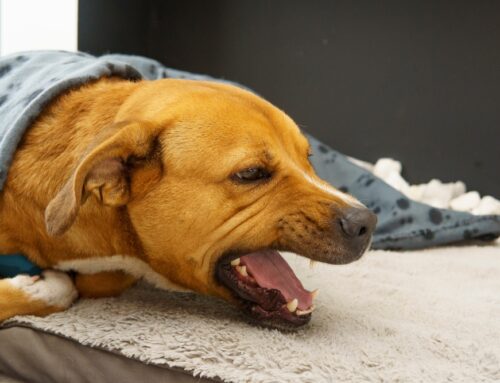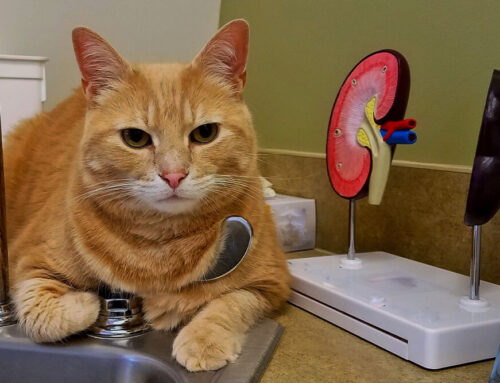Your home is meant to be your safe space where you can relax in comfort without having to worry. But, your home may be cozy and comfortable, yet still contain many surprising household hazards for your pet. Read on to discover some unusual, but common, household items that can be dangerous for your four-legged friend.
#1: Strings and bands
String-like items and elastic bands can entice pets to play a fun, yet dangerous, game, batting, pawing, and chewing on the strings. However, if ingested, the strings can wrap around your pet’s tongue or become bunched up in the gastrointestinal (GI) tract, creating serious problems. Cats are especially intrigued by rubber bands and hair ties, but dental floss, ribbons, and sewing thread also can put them in danger.
#2: Pennies
Pennies minted since 1982 contain 97.5% zinc which, if ingested, can cause serious zinc toxicosis and lead to red blood cell, kidney, liver, and pancreatic damage. Clinical signs include vomiting, diarrhea, anorexia, lethargy, jaundice, and blood in the stool and urine.
#3: Essential oils
Several essential oils can be toxic to pets if ingested, applied topically, or inhaled. These oils contain compounds that can cause a range of adverse effects, from mild irritation to severe toxicity. Some essential oils known to be toxic to pets include:
- Tea tree oil — Tea tree oil is toxic to dogs and cats and ingestion can cause vomiting, diarrhea, lethargy, weakness, tremors, and central nervous system depression. Cats are particularly sensitive to tea tree oil toxicity.
- Peppermint oil — Ingestion or excessive inhalation of peppermint oil can cause vomiting, diarrhea, difficulty breathing, and liver damage.
- Pennyroyal oil — Pennyroyal oil is highly toxic to pets, especially cats. The oil contains pulegone, a compound that can cause severe liver damage and central nervous system depression. Ingestion of only a small amount can be fatal.
- Wintergreen oil — Wintergreen oil contains methyl salicylate, which is toxic to pets, and ingestion can lead to vomiting, diarrhea, abdominal pain, difficulty breathing, and organ failure.
- Cinnamon oil — Cinnamon oil applied topically can irritate a pet’s skin and mucous membranes, while ingestion can lead to vomiting, diarrhea, difficulty breathing, and liver damage.
- Citrus oils — Citrus oils (e.g., lemon, orange, lime, grapefruit) contain compounds called psoralens and limonene, which can be toxic to pets, and ingestion can cause vomiting, diarrhea, drooling, and photosensitivity.
- Pine oil — Pine oil can irritate a pet’s skin, eyes, and respiratory tract if inhaled or applied topically, while ingestion can lead to vomiting, diarrhea, and central nervous system depression.
#4: Detergent pods
Laundry or dishwasher detergent pods can be mistaken for toys or treats. Curious pets who ingest these pods can suffer GI upset, respiratory distress, and chemical burns in the mouth and throat, so keep pods safely stored in a securely latched cabinet.
#5: Dryer sheets
Fabric softeners and dryer sheets contain cationic detergents, which can cause a variety of problems for pets, from minor skin irritation, to widespread systemic distress and pulmonary edema. Kidney failure is also a concern should your pet ingest dryer sheets.
Additionally, the danger of using dryer sheets to remove loose hair from cats and dogs and to reduce natural static in low humidity is now becoming recognized. Pets lick their fur and their resting areas, so using dryer sheets to remove fur can ultimately result in toxicity.
#6: Houseplants
While true lilies are one of the most notorious toxic plants, many other common household plants are also dangerous for pets. Poisoning severity varies based on the type, part, and amount of the plant consumed, and signs can range from mild GI upset to organ failure.
Before bringing home a fresh bouquet or planting flowering bushes in your yard, ensure the plants are pet-safe.
#7: Batteries

Alkaline batteries contain corrosive materials that can burn a pet’s mouth and esophagus if chewed or punctured, while whole batteries can lodge in the GI tract and become obstructed. If disc batteries become stuck, they can burn the esophagus or stomach without being punctured.
Keep in mind that this list is far from complete, and many more potential hazards are hiding in your home. However, by pet-proofing your home, keeping dangerous items out of reach, and monitoring your furry pal for abnormal behavior and health issues, you can help prevent accidents. If you suspect your pet has ingested something dangerous, contact your family veterinarian or our Peak Pet Urgent Care team immediately.






Leave A Comment